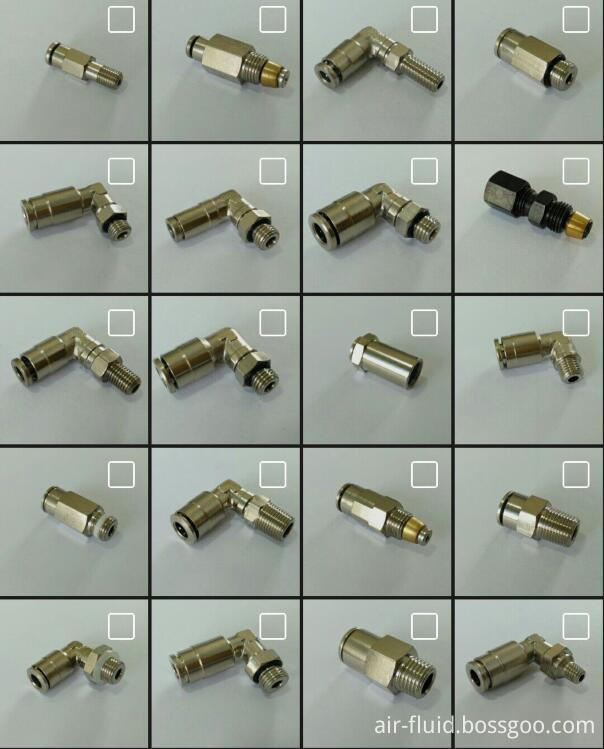After the opening of rice spikelets, pollination and fertilization, they must be filled with slush within a few days. Otherwise, even if the conditions are better, they will not be grouted for life. This is called irreversibility of rice filling. At temperatures below 17°C, rice cannot generally be grouted. Therefore, when the rice heading and flowering period encounters a low temperature of less than 17°C for a long time, it may lead to a large number of spikelets that can not be grouted for a long period of time, form uplifting spikes, and have a great influence on the yield.
Recently, in Jiangya and other places, there has been continuous dew for several days on August 19-22. During this period, the daily minimum temperature in many places is around 13°C, and the daily average temperature is around 18°C, which is not conducive to rice grouting, and it is in heading and flowering. Rice may cause major damage. However, during most of the time, most areas are cloudy or sunny. The high temperature at noon, and the maximum daily temperature of 22-25°C, rice can still be grouted during the day. Therefore, the extent of rice damage will be reduced. After the cold dew wind has arrived, the initial lining of the spikelets has been completed. During the low-temperature period, the grouting may be aborted, but the temperature can continue to grouting after the temperature rises. Therefore, the cold dew wind weather will not cause too much adverse effect on its grouting.
The damage caused by the cold dew wind caused part of the spikelets to remain grouted for a lifetime, and no measures were taken to enable them to resume grouting. After the cold and dewy wind weather has passed, the field water will be discharged promptly, which will help improve the microclimate in the field and allow the temperature to rise in time, which is suitable for grouting rice. In addition, after the end of September, the cold air in the north will frequently southward, and the chances for the rice in the Jianghuai region to be affected by cold temperatures will increase. After several low-temperature processes, rice grouting was interrupted several times and the grouting was terminated. Finally, the grouting couldn't be fully grouted, and the 1000-grain weight was reduced, which had a great impact on the yield and quality of rice. Rice that is late in heading should pay attention to spraying foliar potassium dihydrogen phosphate and other measures to promote grouting.
BSPT Brass Nickel-Plated Push in Fittings

The Ningbo Air-Fluid BSPT Thread Brass Nickel-Plated Push in fittings with slot structure on Brass Collet is,which is milled by Auto-CNC Machines to assure the even distance between the tooth to tooth. This way can guarantee the precision & sharp claw to catch the tube hose firmly & steadily.
The Tee Connector ,Elbow ,Y Connector and Banjo Fittings are being forged with high compactness to avoid the space inside the solid fittings' body, The Polished Surface Treatment on the Forged fittings to wipe off the burr, spot and oil,the good character is the high adhesive power of nickel plating on its Surface.
BSPT Thread Brass Nickel-Plated Push in Fittings, the Max Woking Pressure 1000 PSI and Temp Range -20 To 120 Deg ,The forged body of Elbow , Y Connector , Run Tee and Branch Tee series fittings .
Brass Nickel-Plated, Air-Fluid Brass Nickel-Plated, Bspt Brass Nickel-Plated Push In Fittings
Ningbo Air-Fluid Pneumatic Components Co., Ltd , https://www.air-fittings.com